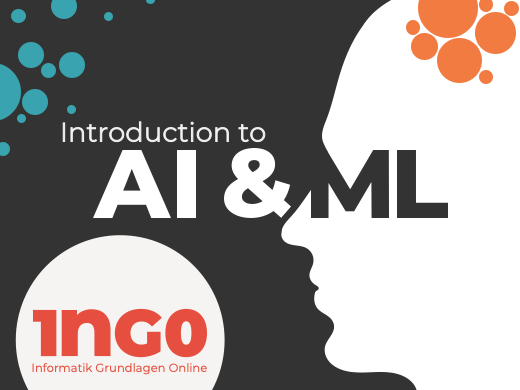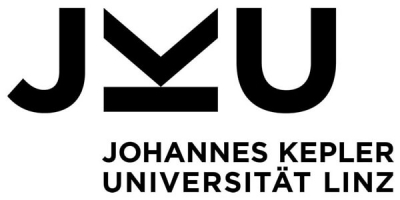


Artificial Intelligence and Machine Learning
TU Wien, Johannes Kepler University Linz
A propos de
Informations générales sur le cours
You have had enough of all the media hype about artificial intelligence, machine learning, ChatGPT, etc.? You finally want to understand what is behind these buzzwords and demystify the myth surrounding artificial intelligence? You are interested in computer science and possibly studying a relevant subject?
Then you have come to the right place!
Welcome to our MOOC "Introduction to Artificial Intelligence & Machine Learning"!
In this course, we will explore the concepts of artificial intelligence and machine learning, delving a little deeper into the subject matter. We will start with an introduction to the topic and explain what is hidden behind the individual terms artificial intelligence, machine learning, and deep learning, and how they differ. You will learn all the necessary basics of data processing, machine learning, and evaluation. We will also present you a list of "intelligent" algorithms for different problems.
During this course, you will implement your own machine learning projects, starting with data analysis and processing, and ending with the evaluation of your very own machine learning model.
Are you still interested or thinking "sure, why not"? Then start the course and let's go!
Contenu
Contenu du cours
The course will be divided into 9 units, which will cover the respective topics:
Unit 1: Introduction to AI & ML, history, and taxonomyUnit 2: Data preparation and processing
Unit 3: Core concepts of Machine Learning
Unit 4: Evaluation methods for different problem settings
Unit 5: Rule-based classification and regression algorithms
Unit 6: Clustering and dimensionality reduction
Unit 7: Kernel methods
Unit 8: Fairness, law, etc. in ML
Unit 9: Outlook on topics not covered
In all lessons, you will be introduced to the individual concepts through animated videos in order to develop an intuitive understanding. For more complex topics, we provide additional material for you to read. You will further strengthen your acquired knowledge in exercises and projects and put them into practice.
Objectifs du cours
After completion of this course, you will be able to describe basic concepts of machine learning (including data preparation, selection of suitable algorithms, evaluation) and apply them to real-world problems.
Furthermore, you will learn professional and methodological skills to
- develop a suitable strategy for dealing with a given problem (selection of algorithms and methods),
- apply the basics and formal concepts of machine learning,
- develop a suitable strategy for processing real data, and
- define an evaluation concept.
In addition to this, you will learn cognitive and practical skills to
- understand existing problems and their underlying concepts,
- analyse data sets and prepare them for correct use,
- elaborate solutions and apply algorithms to real data, and
- correctly evaluate applied methods and interpret results.
Connaissances antérieures
For successful completion of this course, it is recommended to have fundamental programming maths skills (e.g., reading and understanding formal proofs, linear algebra, statistics, probability theory).
Certificat
For actively participating in the course you will receive an automatic certificate which includes your username, the course name as well as the completed lessons. We want to point out that this certificate merely confirms that the user answered at least 75% of the self-assessment questions correctly.Licence
This work is licensed under CC BY-SA 4.0Formateur/formatrice
Core Team
David Penz PhD student at TU Wien and JKU Linz. His research focus lies on deep learning architectures for disentanglement & bias mitigation.
Markus Schedl Professor at JKU Linz and head of the research group Multimedia Mining and Search. His research focus lies on applied machine learning, learning to rank, and algorithmic fairness.
Thomas Gärtner Professor at TU Wien and head of the research group Machine Learning. His research focus lies on kernel methods and theoretical foundations in machine learning.
Other Contributors
Monica Vlad Student at JKU Linz. Video animation and voiceover.
Said Khudoyan Student at JKU Linz. Technical design/implementation of exercises and projects.
Oleg Lesota PhD student at JKU Linz. Video animation and design.
Se connecter et s'inscrire Actuellement: 830 Participants
Gratuit pour tous € 0.00
Partenaires

TU Wien
Wien
